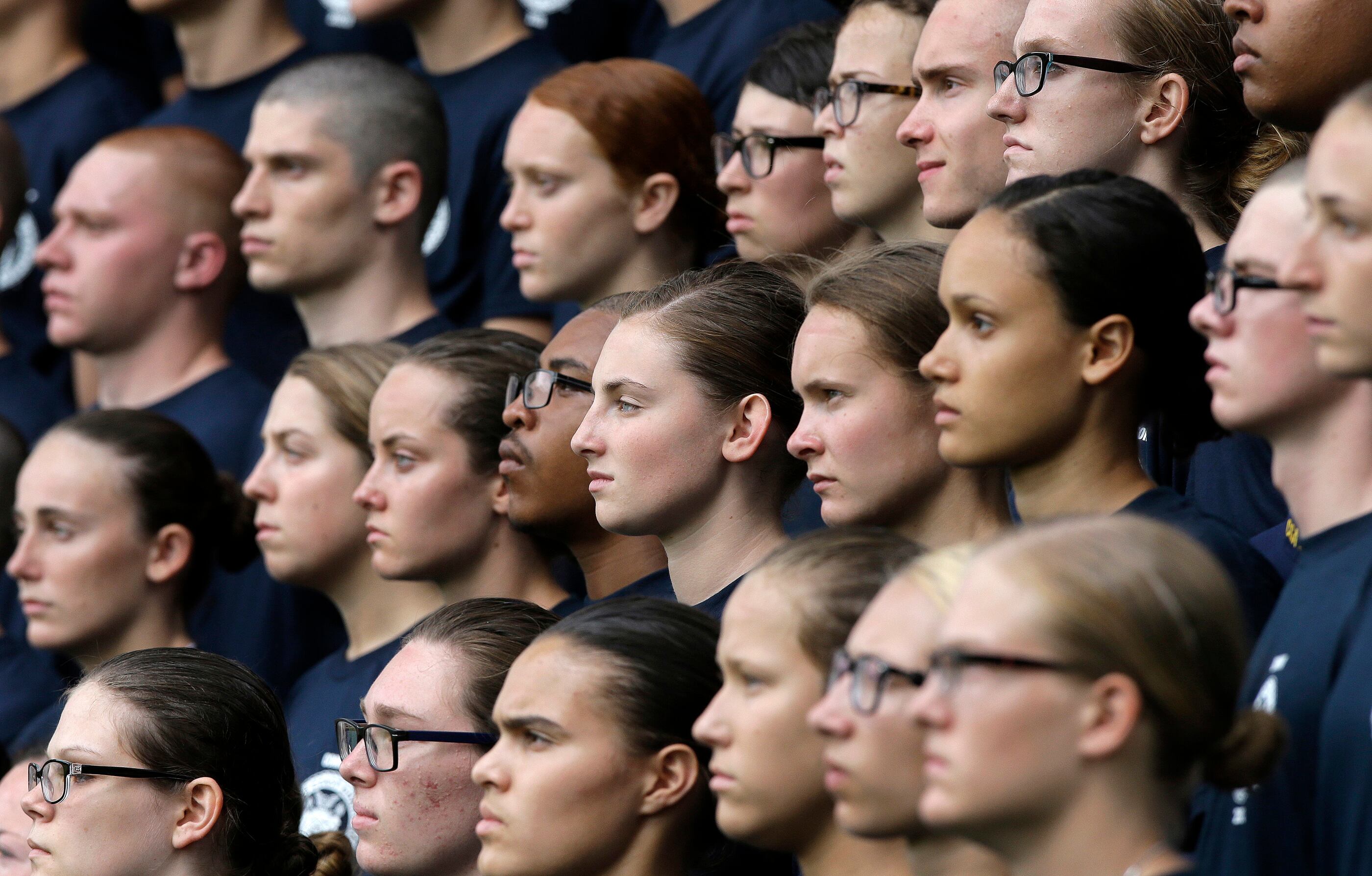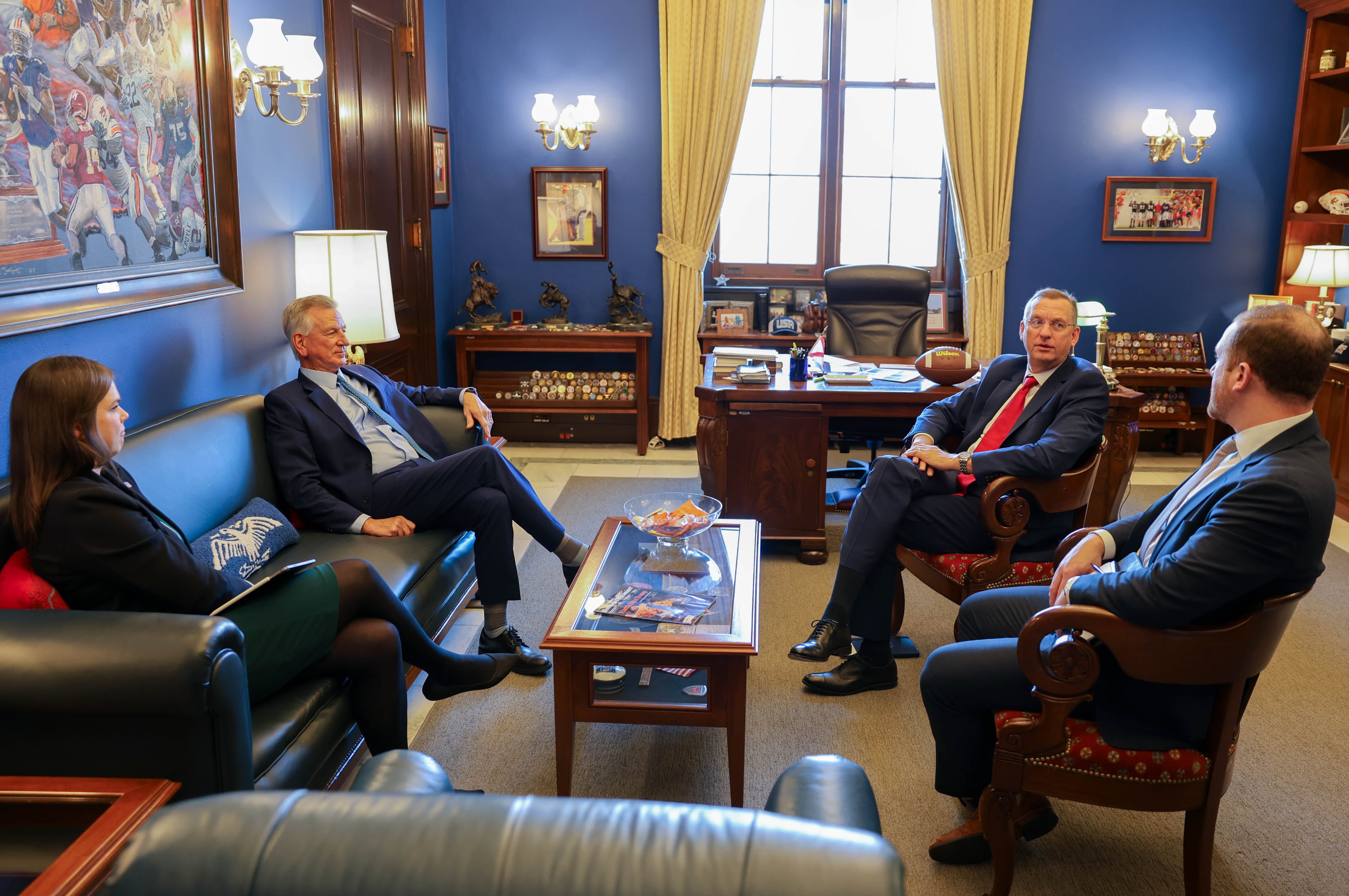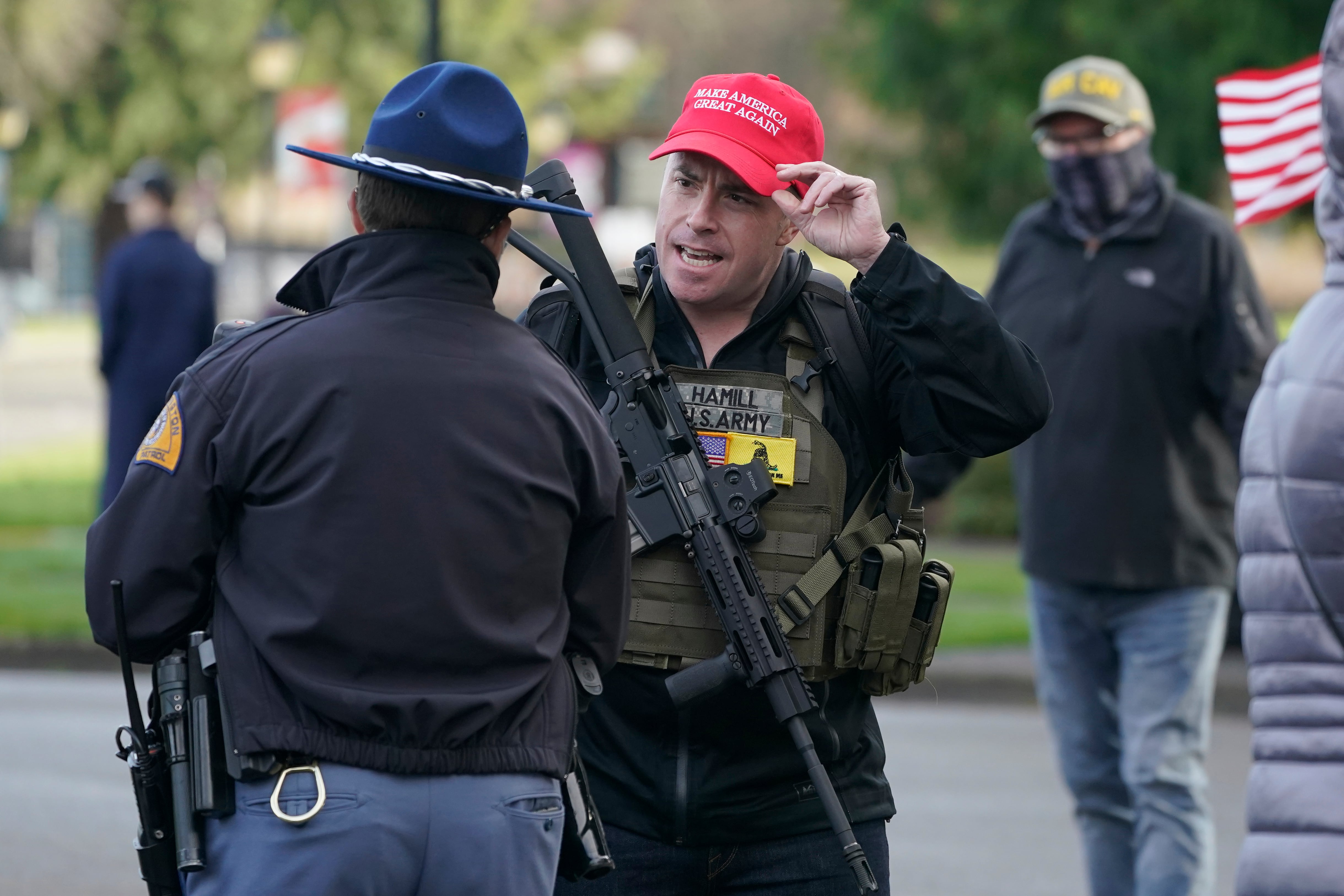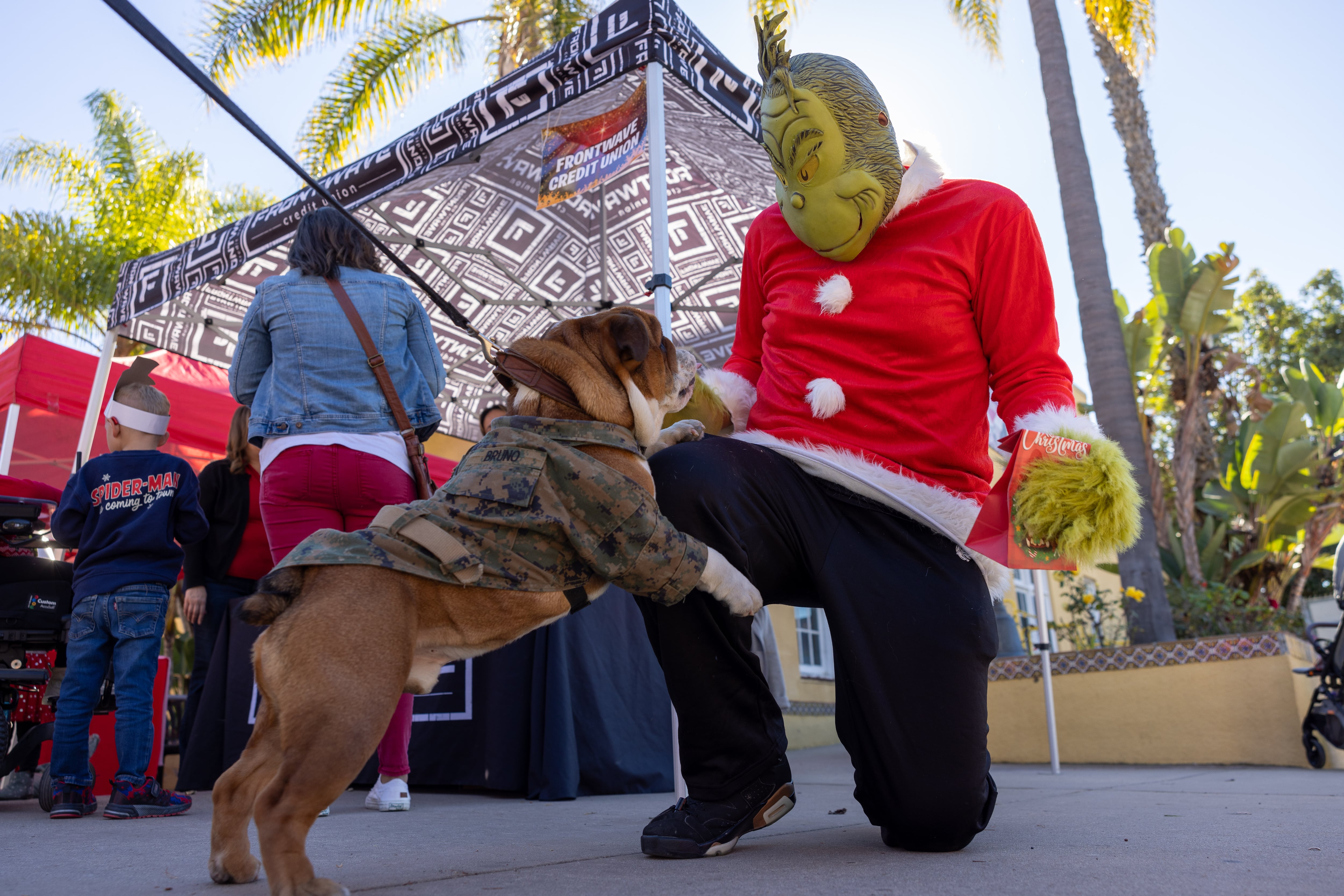Jeffrey J. Matthews is an historian at the University of Puget Sound and the author of “Generals and Admirals, Criminals and Crooks: Dishonorable Leadership in the U.S. Military.”
A well-known legal axiom has it that the cover-up is often worse than the crime.
President Richard Nixon’s attempts to conceal his administration’s involvement in the Watergate break-in, for example, ultimately led to his humiliation and resignation.
Oftentimes, however, the crime and the cover-up are equally appalling. An ongoing scandal involving the U.S. Coast Guard provides a vivid case in point.
In late June, CNN reported that an internal investigation by the Coast Guard had “uncovered a dark history of rapes, assaults, and other serious misconduct” at the Coast Guard Academy.
Moreover, investigators discovered that the agency’s senior leadership had covered up most of those crimes and then subsequently buried the investigative report that substantiated the grave misconduct.
RELATED
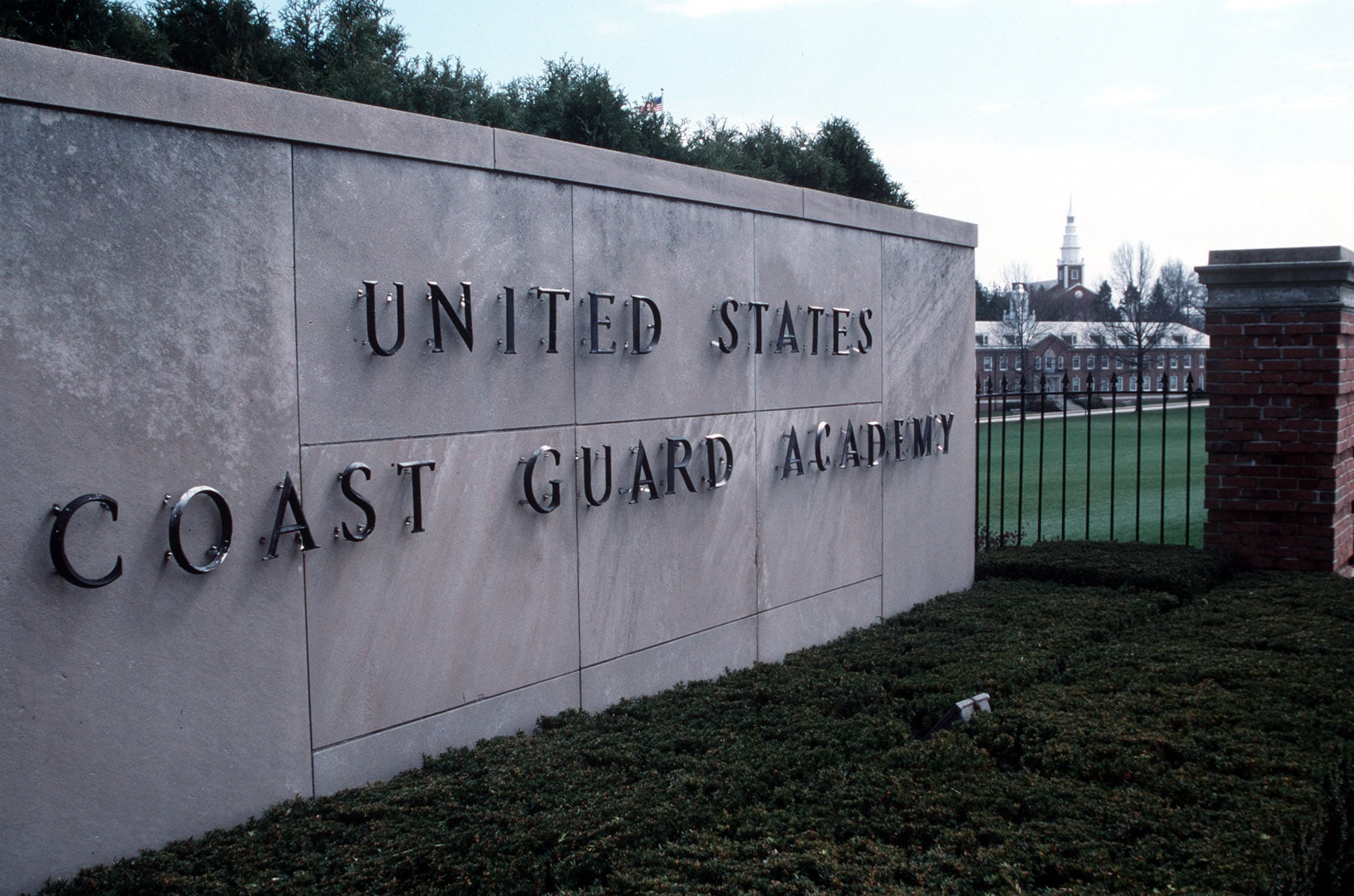
The Coast Guard’s original investigation, dubbed “Operation Fouled Anchor,” was started in 2014 after a 1998 academy graduate alleged that she had been raped by a classmate years prior. The agency’s exhaustive inquiry extended over five years and the final report was issued on January 31, 2020.
In the end, Coast Guard investigators substantiated sixty-two cases of sexual harassment, sexual assault, and rape between 1988 and 2006.
Adm. Paul F. Zunkunft was the Coast Guard commandant when the probe started and was succeeded in June 2018 by Adm. Karl L. Schultz. At the time of the transition, investigators planned to brief Department of Homeland Security officials and members of Congress on their preliminary findings, and they had already concluded that Operation Fouled Anchor should be “required reading.”
But according to CNN, Schultz and his vice commandant, Adm. Charles W. Ray, instead covered up the report’s criminal findings to avoid a sex abuse scandal and protect the Coast Guard’s reputation.
Guard leaders went as far as to require government officials familiar with the investigative case to sign non-disclosure agreements. Disturbingly, this was occurring at the very time that two congressional committees were investigating the Coast Guard over allegations of promoting a hostile work environment.
Adm. Ray retired in 2021. Schultz followed the next year and was succeeded as commandant by Adm. Linda Fagan, who has admitted to having some knowledge of Operation Fouled Anchor prior to CNN’s reporting.
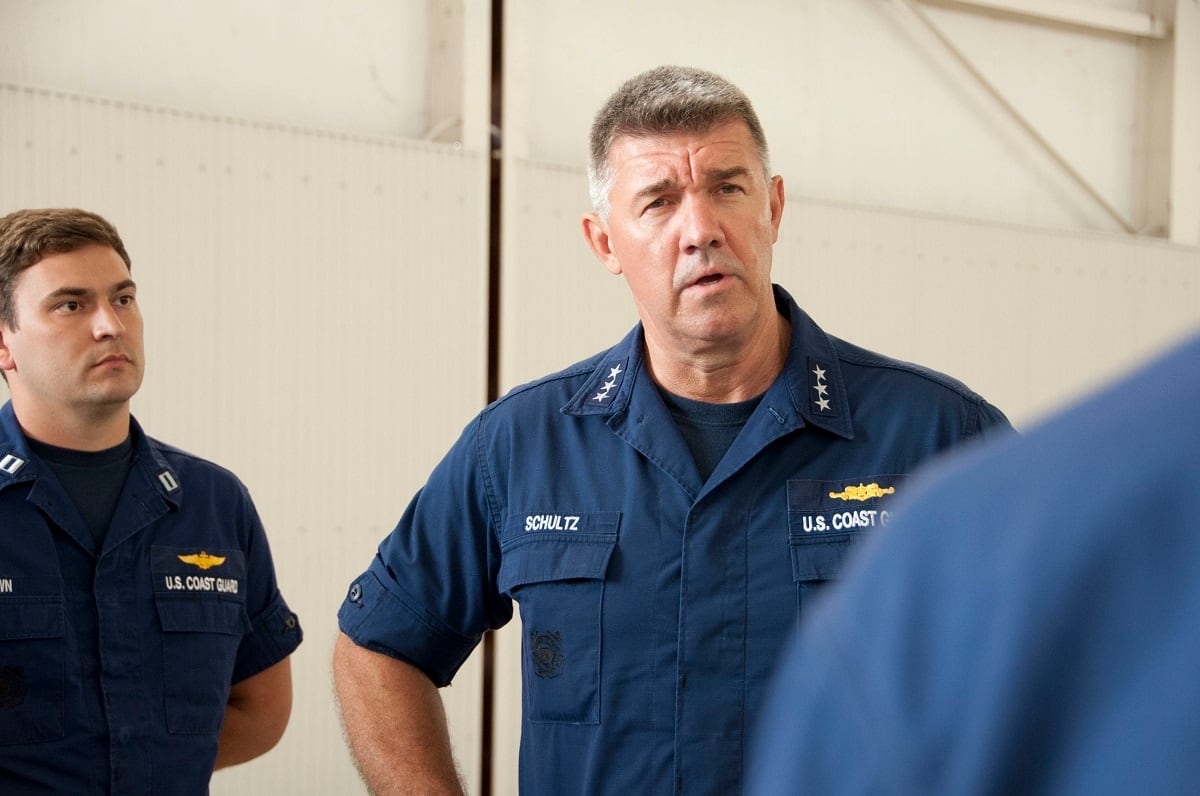
Fagan, however, did not begin briefing the agency’s congressional overseers until after she learned that CNN had begun investigating the secret probe.
Last fall, Sen. Richard Blumenthal of Connecticut, where the Coast Guard Academy is located, announced that the Senate Permanent Subcommittee on Investigations had opened an inquiry into the scandal and called the episode “probably the most shameful, disgraceful incident of cover-up of sexual assault that I have seen in the United States military ever.”
Fellow Connecticut Sen. Chris Murphy posted on social media that Coast Guard leaders “were deliberately hiding the truth” and he demanded the firing of “anyone involved in this cover-up.”
Following CNN’s initial reporting on the scandal in June, Fagan issued a rare public apology for the Coast Guard’s failure to protect the victims of sexual abuse and to successfully prosecute the perpetrators. In August, she went further. In a letter sent to the entire Coast Guard workforce, the commandant admitted that agency leaders had failed to demonstrate the “courage and discipline” to act in a transparent manner consistent with the Coast Guard’s core values.
Fagan wrote that the leadership had betrayed the victims and that the organization’s concealment of the sex crimes had “shattered” trust and respect.
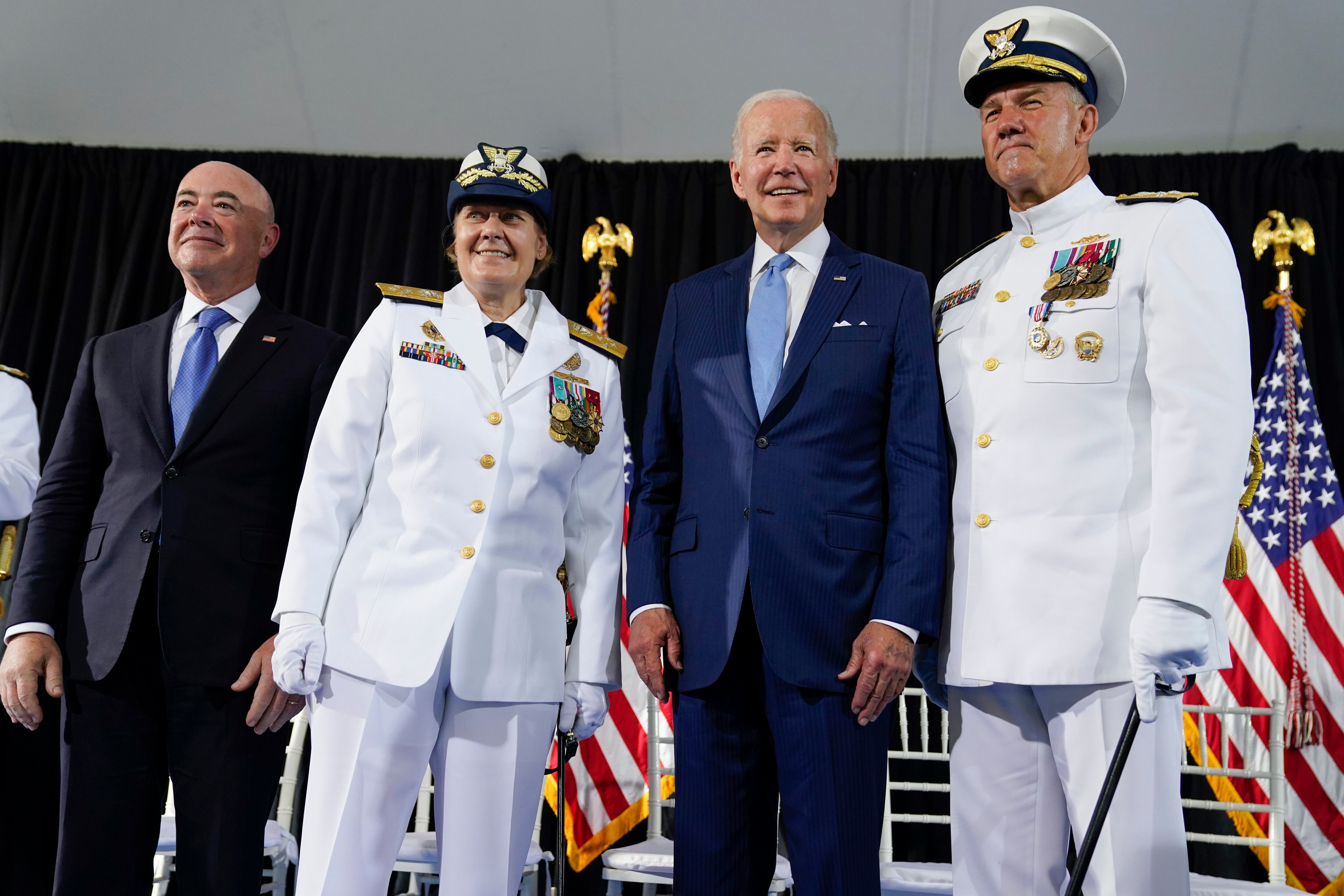
If the Coast Guard wants to regain trust and respect, there must be accountability at the highest levels of leadership, including active duty and retired officers.
If, as it appears, admirals Schultz and Ray participated in a conspiracy to cover up these crimes, then they should be punished judicially. Recalling the flag officers to active duty to face courts-martial would provide them fair opportunities to defend themselves.
The actions or inactions of admirals Fagan and Zunkunft must also be examined closely. What exactly did Fagan know? When did she know it, and what did she do about it?
Since the CNN story broke, Zunkunft has spoken out about the “betrayal up the chain of the command” and how “incredulous” he is that Schultz and Ray chose not to brief Congress in 2020.
However, congressional investigators must ask why Zunkunft did not take action himself when he realized that the Coast Guard’s leadership was intentionally avoiding disclosure of the substantiated findings of Operation Fouled Anchor. Being in the retired ranks does not allow an admiral to relinquish his ethical and legal obligations.
Unfortunately, there is an ugly history of American admirals participating in the cover-up of illegal activities. In 1990, Navy Rear Adm. John Poindexter was found guilty of five felonies related to the Iran-Contra scandal. His crimes included obstruction of justice for falsifying and destroying documents and for lying to various congressional committees.
In 1991, the Navy’s infamous Tailhook scandal broke and it ultimately led to the punishment of more than a dozen flag officers. Some of the admirals had attempted to cover up the sex crimes committed at the annual convention of naval aviators.
Much more recently, the Navy has suffered through the “Fat Leonard” public corruption scandal. The careers of at least a dozen admirals have been negatively impacted, including one flag officer who served eighteen months in federal prison for various crimes, including the destroying of evidence and lying to investigators.
Only time will tell if the Coast Guard’s admiralty and senior civilian executives will be held accountable for their apparent misconduct related to Operation Fouled Anchor. In a democratic society, flag officers, active duty and retired, must be held to the highest standards.
And with a demonstration of strict accountability and complete transparency, aspiring senior leaders will be cautioned: the crime of a cover-up can be as disgraceful as the original offense.
